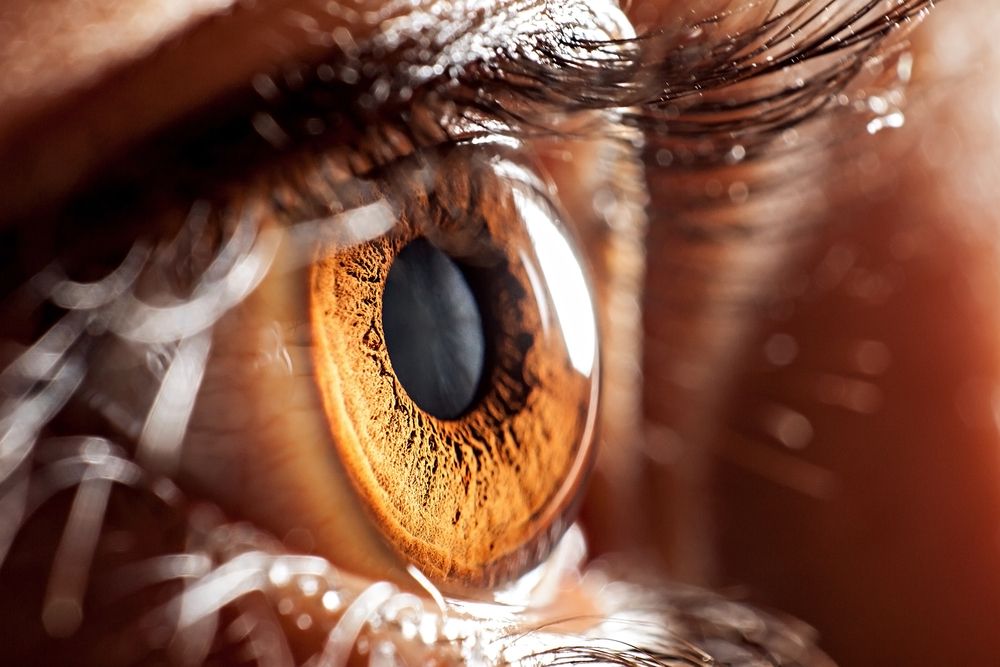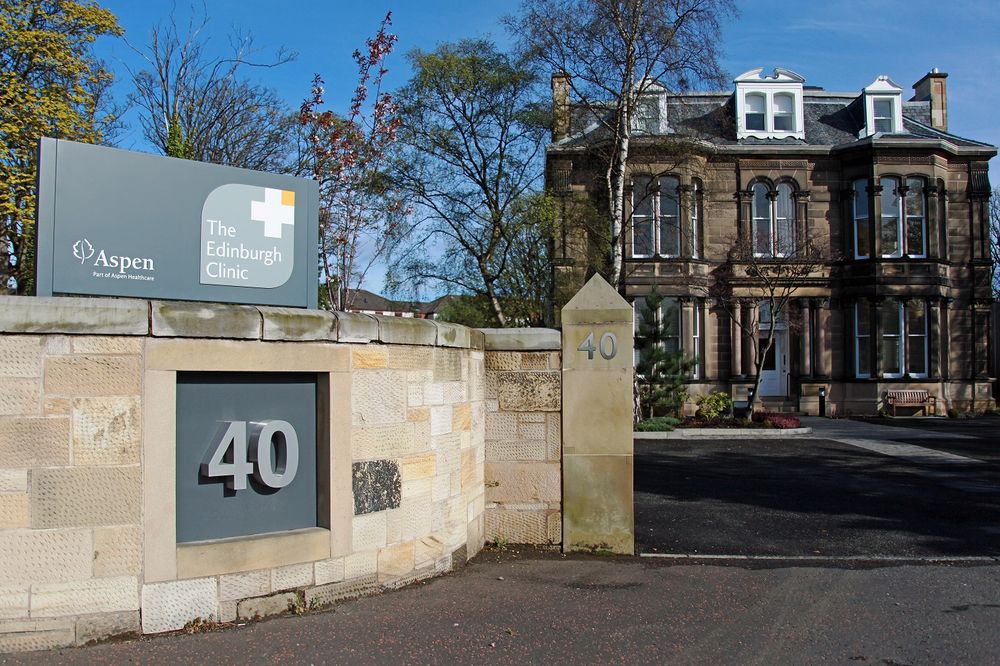For assistance call us on: 0131 447 2340 Email us
Cataracts; a quick guide about the condition and surgical procedure to restore vision

With June marking cataract awareness month, The Edinburgh Clinic, whose specialist Eye Clinic has treated thousands of patients with eye conditions, asked its Ophthalmic team to provide a quick overview of the condition and our surgical treatments to restore cataract-related loss of vision.
The most common cause of reversible sight loss, cataracts occur when the clear lens of the eye becomes cloudy, blocking the passage of light into the eye, which leads to blurred or dim vision. They occur as a normal part of ageing, usually developing after the age of 50. However, they can affect younger people, especially those with diabetes or in people with other eye problems such as glaucoma.
Early signs of cataract include glare, especially when driving at night, and needing better light for reading. This can lead to loss of driving licence, problems with work and difficulty with leisure activities that depend on good vision, such as golf.
The most effective treatment for cataracts is surgery. Cataract surgery involves a 15 minute procedure to remove the cloudy lens and replace it with an artificial lens to restore sight. Before the invention of artificial or intraocular lenses following cataract, surgery patients would need to wear very thick glasses to achieve good vision.
The story of the invention of artificial or intraocular lenses is remarkable. In World War II injured Spitfire pilots were found to have small pieces of shattered plastic from the cockpit canopy in their eyes, without any adverse reaction. Sir Harold Ridley at St Thomas’ Hospital in London realised that the same material could be used to make an intraocular lens, reducing the need for thick glasses following surgery.
Cataract surgery is now one of the safest and most effective operations. Using modern anaesthetics, and with the option of sedation provided by a consultant anaesthetist, it is a comfortable procedure, with a quick recovery. Cataract removal surgery can be tailored to patients’ individual needs depending on the visual requirements of their work and hobbies.
More and more people are opting for private cataract surgery, as either insured or self-pay patients, to avoid lengthy NHS wait times and to be assured of best-in-class treatment at a time and place of their choosing. The Edinburgh Clinic requires insured patients to be referred by their GP or Optomotrist. Self-pay patients can self-refer.
Important choices include which artificial lens to use. Traditional lenses (like those used by Sir Harold Ridley) will primarily improve distance vision, with spectacles continued to be needed for near and intermediate vision. More modern lens implants include; aspheric lenses, which reduce optical distortion and are particularly beneficial in dim light conditions; toric lenses, which reduce astigmatism, a condition where the eye is shaped a little like a rugby ball; and multifocal lenses, which are similar to varifocal glasses in that they aim to provide good distance, intermediate and near vision.
One of the most modern lenses is the Symfony lens, introduced in 2015, which can provide an extended range of high quality vision and also correct astigmatism. This can reduce the need for spectacles with less of the halo or glare effect that some other lenses can cause.
Due to the improved safety of cataract surgery it can now be offered at an earlier stage benefiting millions of people worldwide.
Patients booking cataract surgery at The Edinburgh Clinic will initially meet with one of our expert Consultant Ophthalmic Surgeons to assess their sight needs, measure the length and curve of their eyes and determine the implants required. Thereafter, an appointment is made for day-case surgery, usually carried out under local anaesthetic. After surgery, patients return for a follow-up assessment with their consultant and have their vision retested.
The Edinburgh Clinic is a calming and quality clinical place, with state-of-the art facilities and unique free on-site parking for private patients.
To learn more about cataract treatment & surgery at The Edinburgh Clinic, visit https://www.edinburghclinic.com/eye-clinic-edinburgh/cataract-treatment-surgery/
Or call one of our Eye Clinic special advisors on 0131 447 2340 to book an appointment.
You may also find these interesting
What are the risks of developing ovarian cancer?
The Edinburgh Clinic becomes the first private clinic in Scotland to offer pioneering eye surgery
For outpatient appointments and enquiries call
For self-pay surgery
prices call
For outpatient appointments and enquiries call
'+appointments_phone+'
or
BOOK ONLINE
For self-pay surgery
prices call
For outpatient appointments and enquiries call
'+appointments_phone+'
or
BOOK ONLINE


